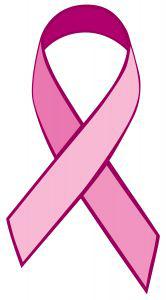 This week, Dr. James Craigie of The Center for Natural Breast Reconstruction answers your questions.
This week, Dr. James Craigie of The Center for Natural Breast Reconstruction answers your questions.
Q: I had a RB mastectomy in 2008. Since January 2013 I have had 6 micro-fat grafting procedures with my current surgeon. After the fifth procedure, some of my radiated skin failed. The sixth procedure was Apr 4, 2014 and he sewed up the open wound, did a reverse abdominoplasty fat transfer to create a breast fold, and transferred some fat. I am not confident that my skin will stretch sufficiently to finish this process satisfactorily with additional fat transfer and want another opinion, and to evaluate other procedures, before I proceed.
My belly fat is still intact but would be the next place to go. Several patients I’ve corresponded with online have been in a similar position and recommended Dr. Richard Kline. Any advice?
A: Thank you for your question and I am sorry you are having problems. You mentioned that your tummy fat was intact. Does that mean no lipo in that area? If so using the tummy skin and fat may be a good option. Other options include fat from the buttock or thigh. We will have Chris from our office contact you for some additional information and photos. We can then set up a consult via Skype or phone with myself or Dr. Kline. Thank you again for your question.
Q: I would like to set up a consultation about the possibility of replacing my implants from breast reconstruction after a bilateral mastectomy with my own tissue. I’m not happy with the results of my reconstruction.
A: I’m sorry you are having problems with your implants. I will be glad to have my office contact you and schedule a consultation. They will need to get some information about your situation etc. We do frequently treat women who have had implant problems. Approximately 1/3 of our patients have come to us because of implant problems. We specialize in replacing your implants with your own tissue and preserving your muscles.
Dr. James Craigie
Center for Natural Breast Reconstruction
Have a question about breast reconstruction or post-surgical care you’d like answered from our surgical team? Just ask us!












